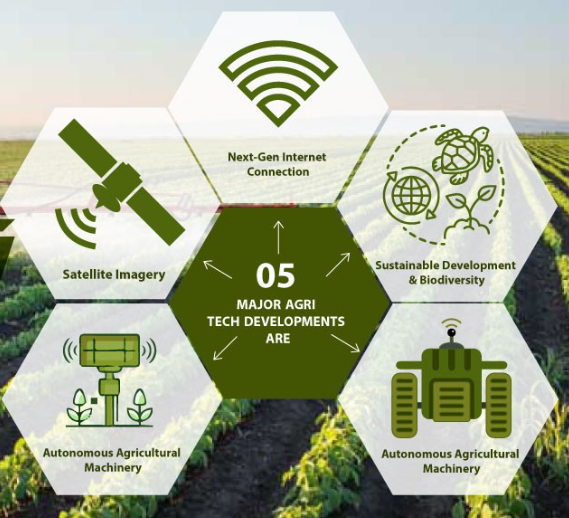7667766266
enquiry@shankarias.in
Why in News?
IIIT Bengaluru has been developing a host of projects with the idea of introducing higher efficiency in agricultural processes.
